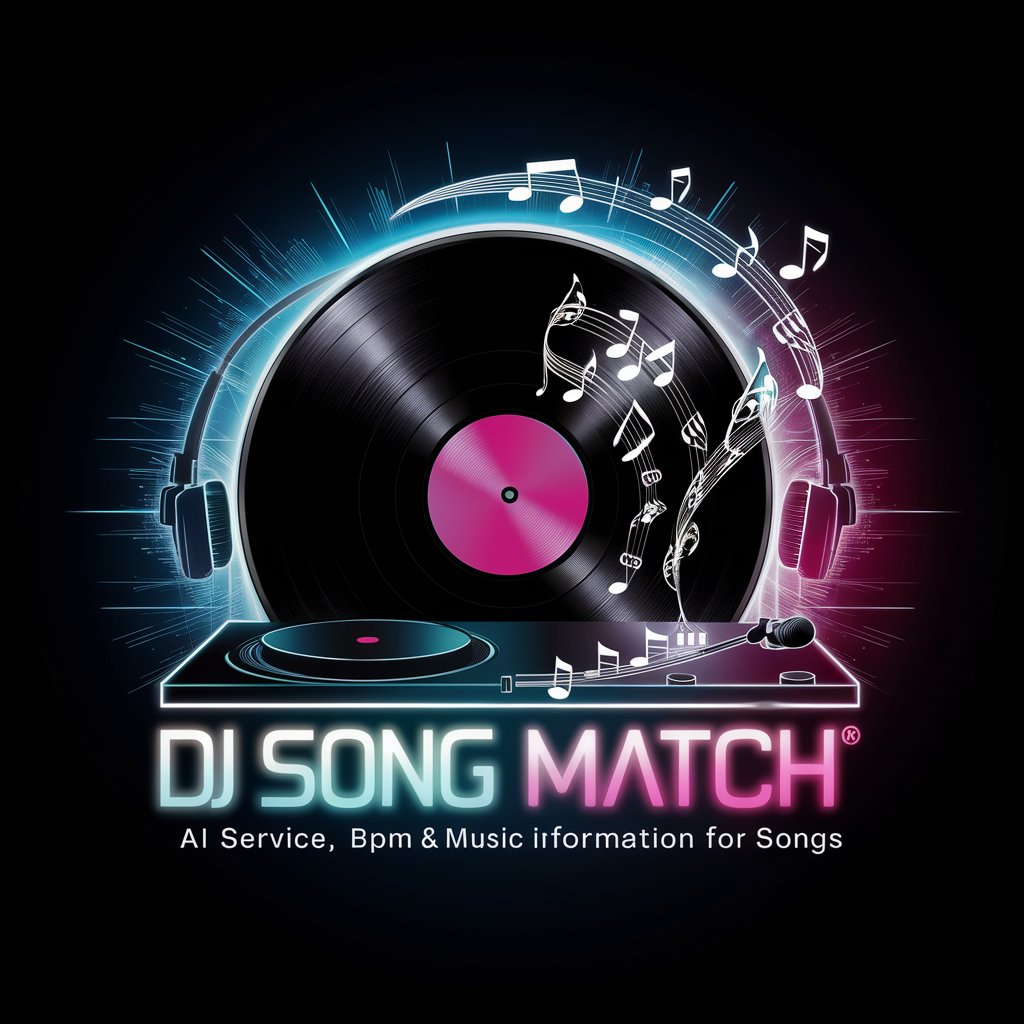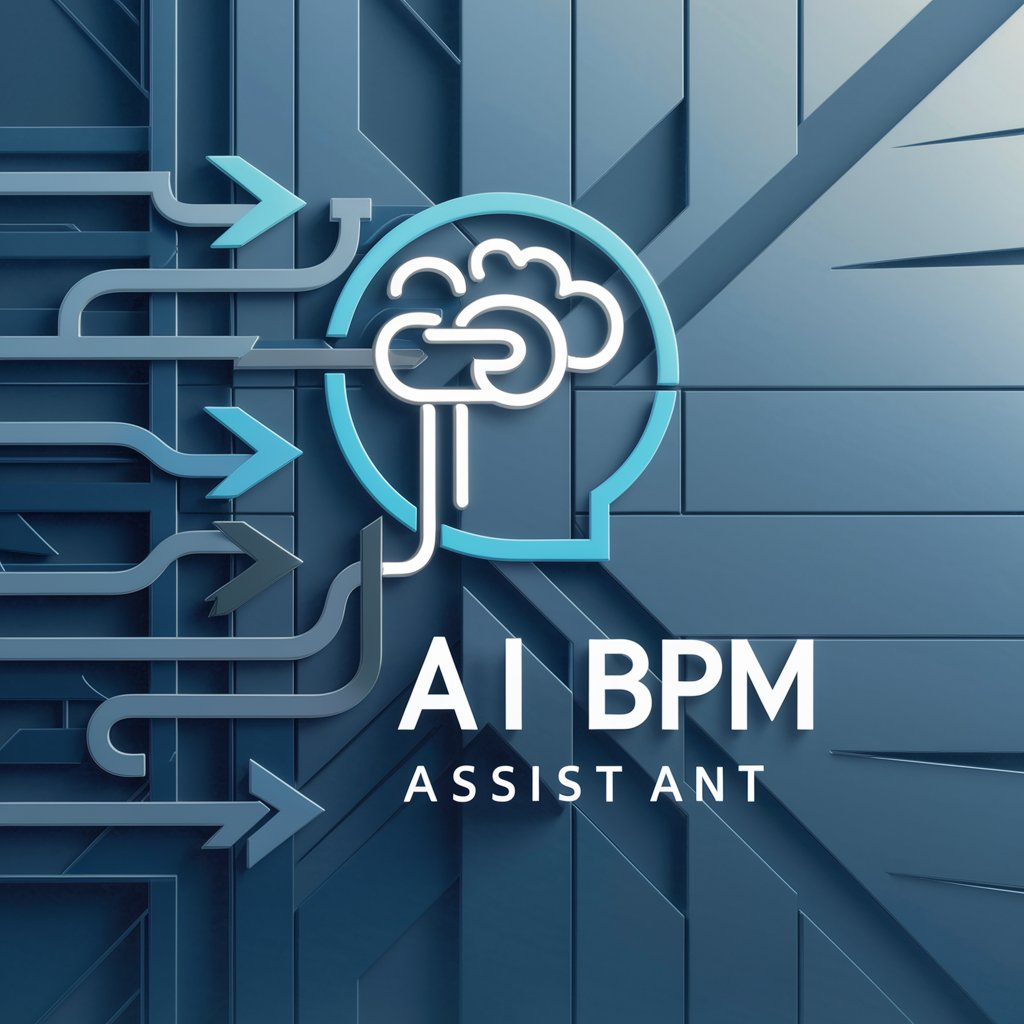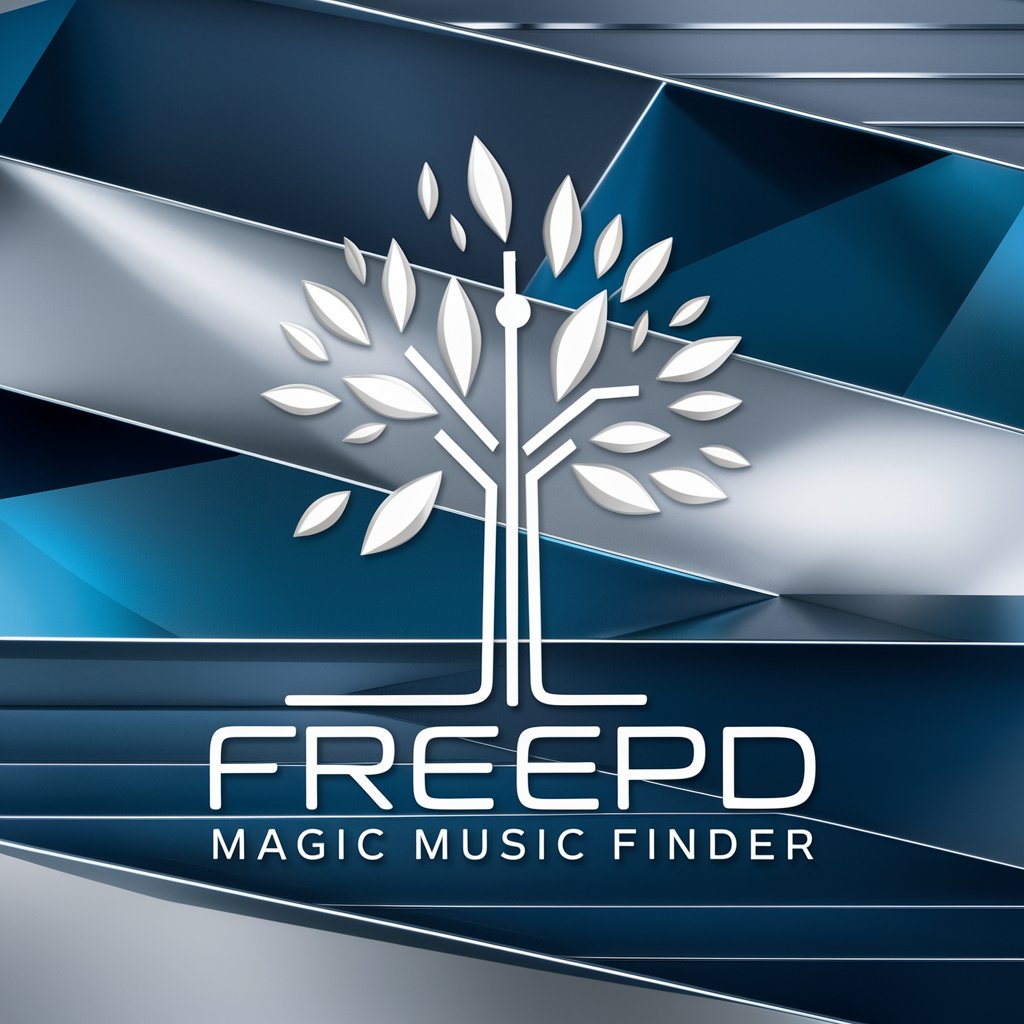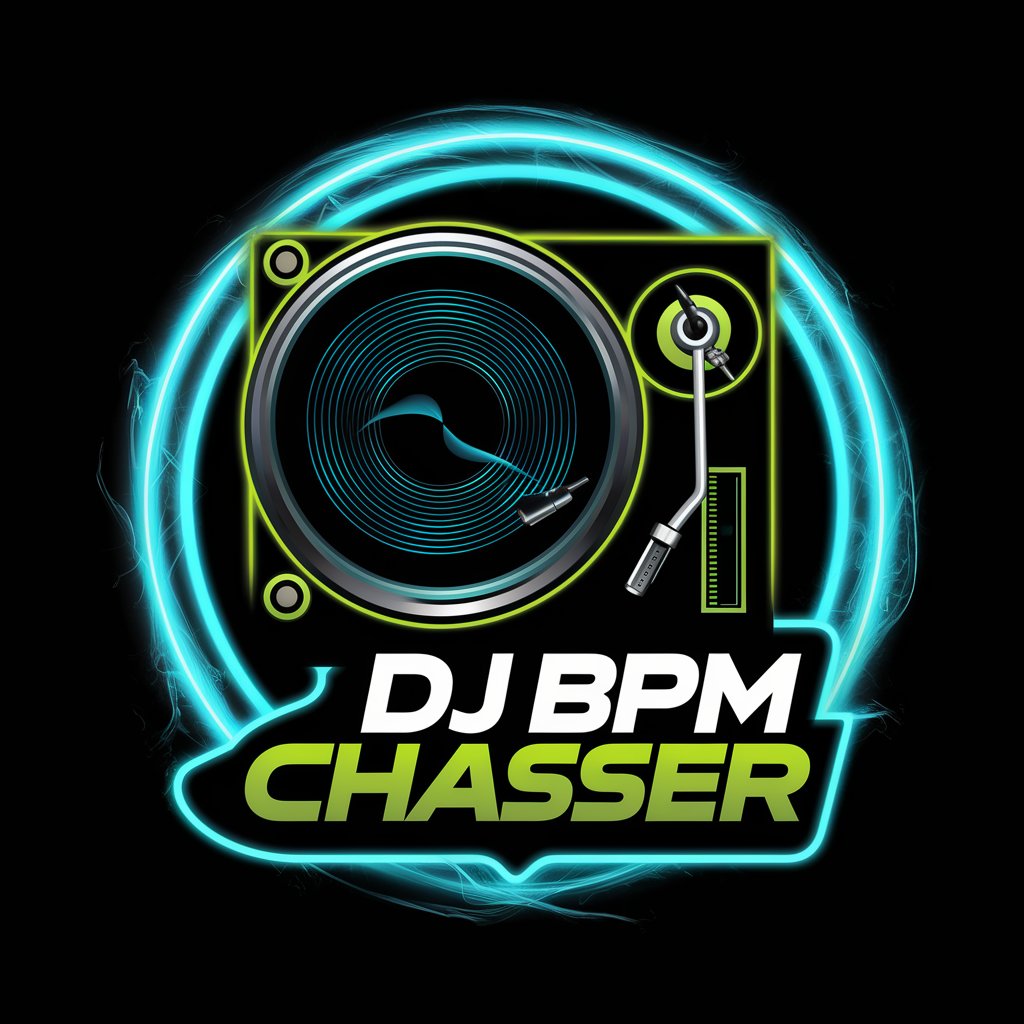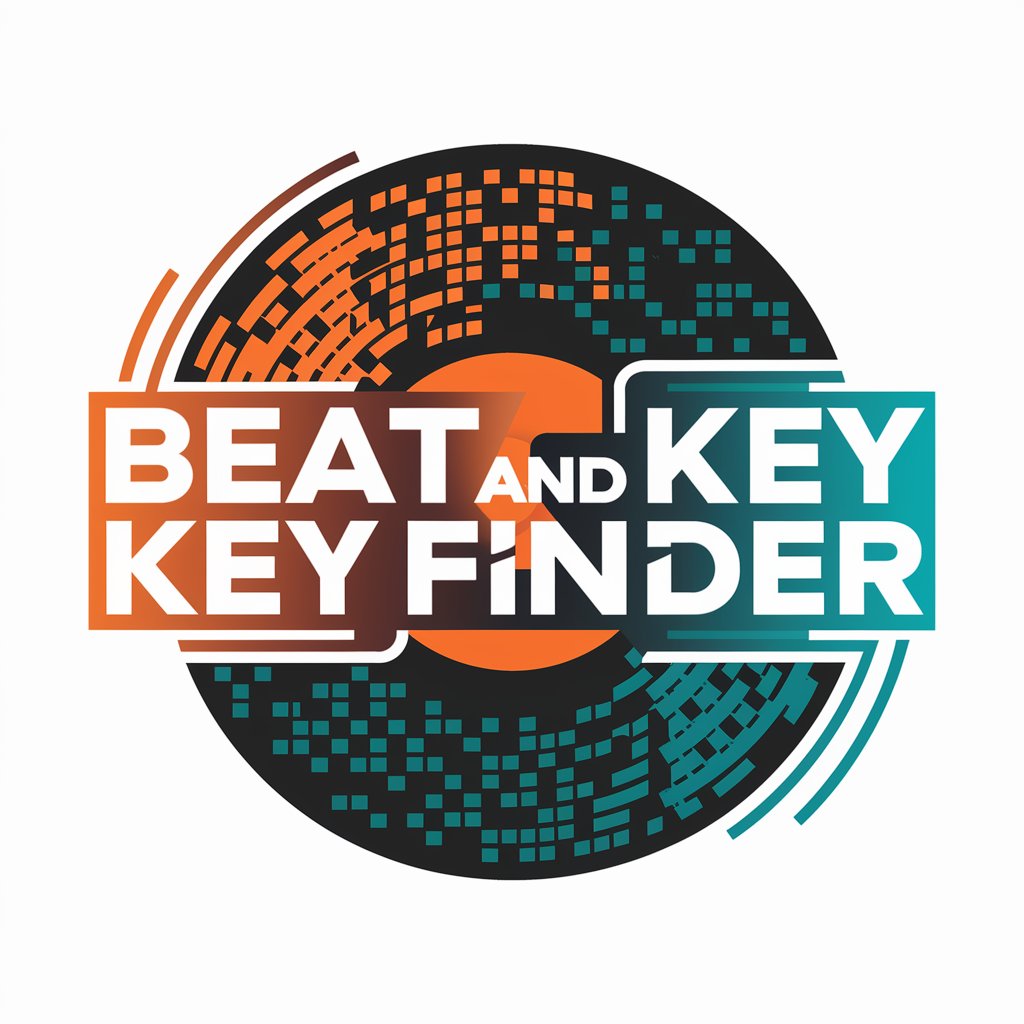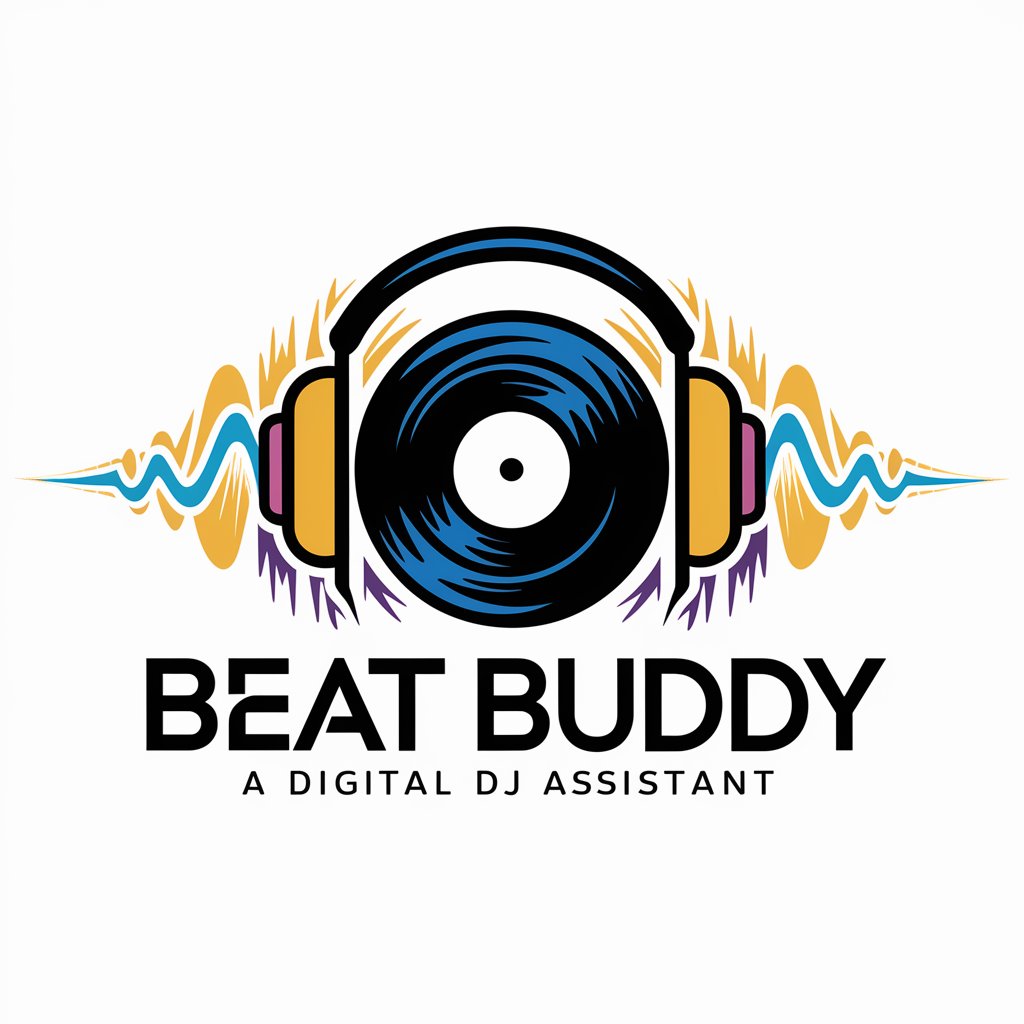
BPM Key Finder - BPM and Key Analysis
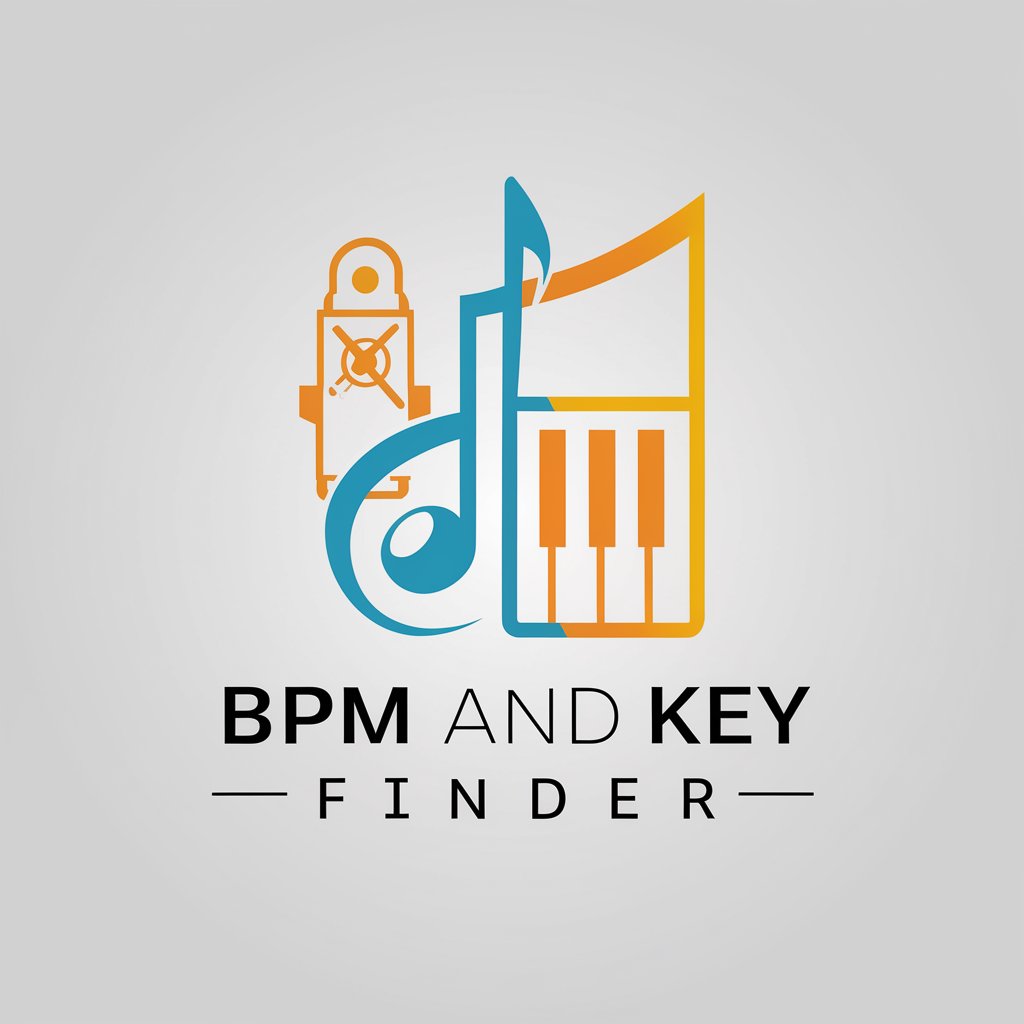
Hello! Need the BPM and key for a song?
Unlock Song Secrets with AI-Powered Analysis
Can you tell me the BPM and key of the song
I'd like to know the BPM and key for
What are the BPM and key details of
Please provide the BPM and key for the song
Get Embed Code
Introduction to BPM and Key Finder
BPM and Key Finder is a specialized tool designed to provide musicians, DJs, producers, and music enthusiasts with precise information about the beats per minute (BPM) and musical key of songs. This tool aids in song selection, mixing, mastering, and understanding musical compositions by offering clear, organized data on a song's tempo and harmonic content. For example, when querying 'Limelight' by Rush, the tool outputs 'Song: Limelight by Rush', 'BPM: 132', and 'Key: E Major', presented in a tabular layout for clarity. This format facilitates easy understanding and application of the data in various musical contexts, enhancing the user's ability to make informed decisions about song selection and sequencing. Powered by ChatGPT-4o。

Main Functions of BPM and Key Finder
BPM Detection
Example
Determining the tempo of 'Billie Jean' by Michael Jackson as 117 BPM.
Scenario
A DJ preparing a set list can use the BPM to seamlessly transition between tracks, ensuring a consistent rhythm throughout their performance.
Key Identification
Example
Identifying the key of 'Shape of You' by Ed Sheeran as C# minor.
Scenario
A music producer can use key information to create harmonically compatible mashups or to guide the selection of additional instrumentation in a mix.
Tabular Presentation of Song Data
Example
Displaying 'Song: Purple Rain by Prince', 'BPM: 112', 'Key: Bb Major' in a clear, organized manner.
Scenario
Musicians can quickly reference song data during rehearsals to align their tempo and pitch with the original track, facilitating more accurate performances.
Ideal Users of BPM and Key Finder Services
DJs and Live Performers
These users benefit from understanding the BPM and key of songs to create seamless transitions, maintain energy levels on the dance floor, and match the musical key for harmonious blending between tracks.
Music Producers and Audio Engineers
They rely on BPM and key data for mixing and mastering tracks, ensuring that songs are harmonically compatible and maintaining a consistent tempo across an album or EP.
Music Educators and Students
This group uses the tool to analyze song structures, understand musical theory in practice, and develop exercises or performances based on specific tempos and keys.

How to Use BPM and Key Finder
1. Start a Free Trial
Visit yeschat.ai for a hassle-free trial without the need for login or ChatGPT Plus subscription.
2. Select Your Song
Prepare the title of the song you want to analyze. Ensure the song title and artist name are accurate for precise results.
3. Input Song Information
Enter the song title and artist into the BPM and Key Finder interface to initiate the analysis.
4. Analyze the Data
Review the BPM (Beats Per Minute) and key information displayed in a clear, tabular format.
5. Apply the Information
Utilize the BPM and key data in your desired context, such as DJing, music production, or academic research.
Try other advanced and practical GPTs
Elementary Essay Writer
Empowering young minds through AI-powered essays

Estudio de caso
Unlock Insights with AI-Powered Analysis

Bunrui GPT
AI-powered Insight and Analysis Tool

Great Copywriter
Craft Compelling Copy with AI Ease

Tattoo Preview GPT
Visualize Your Tattoo in AI-Powered Realism

Noah's Stack Bot
Empowering Development with AI Intelligence

UpScaler
Upscale images effortlessly with AI.
Culinary Stylist
Elevate Every Meal with AI Artistry

iOS App Animator
Animating iOS Apps with AI-driven Simplicity

Career Decision Maker
Empowering your career choices with AI

理想の彼氏彼女ビジュアライザー
Visualize Your Dream Partner with AI

Dreamworks Image Generator
Bringing Dreamworks Magic to Your Creations

Frequently Asked Questions about BPM and Key Finder
What is BPM and Key Finder?
BPM and Key Finder is a tool designed to provide detailed information about a song's BPM (Beats Per Minute) and musical key, presented in a clear, tabular layout.
Can BPM and Key Finder analyze any song?
Yes, as long as the song title and artist are known and accurately inputted, the tool can analyze any song and provide its BPM and key information.
How accurate is the BPM and key data provided?
The tool offers high accuracy in its analysis, but the precision can vary slightly depending on the song's complexity and available data.
Is this tool useful for DJs and music producers?
Absolutely. DJs and music producers can use this tool to understand the tempo and key of songs, which is crucial for creating seamless mixes and harmonically compatible tracks.
Can I use this tool for educational purposes?
Yes, it's an excellent resource for music education, offering insights into the structure and composition of songs, which can be beneficial for music theory and analysis courses.
